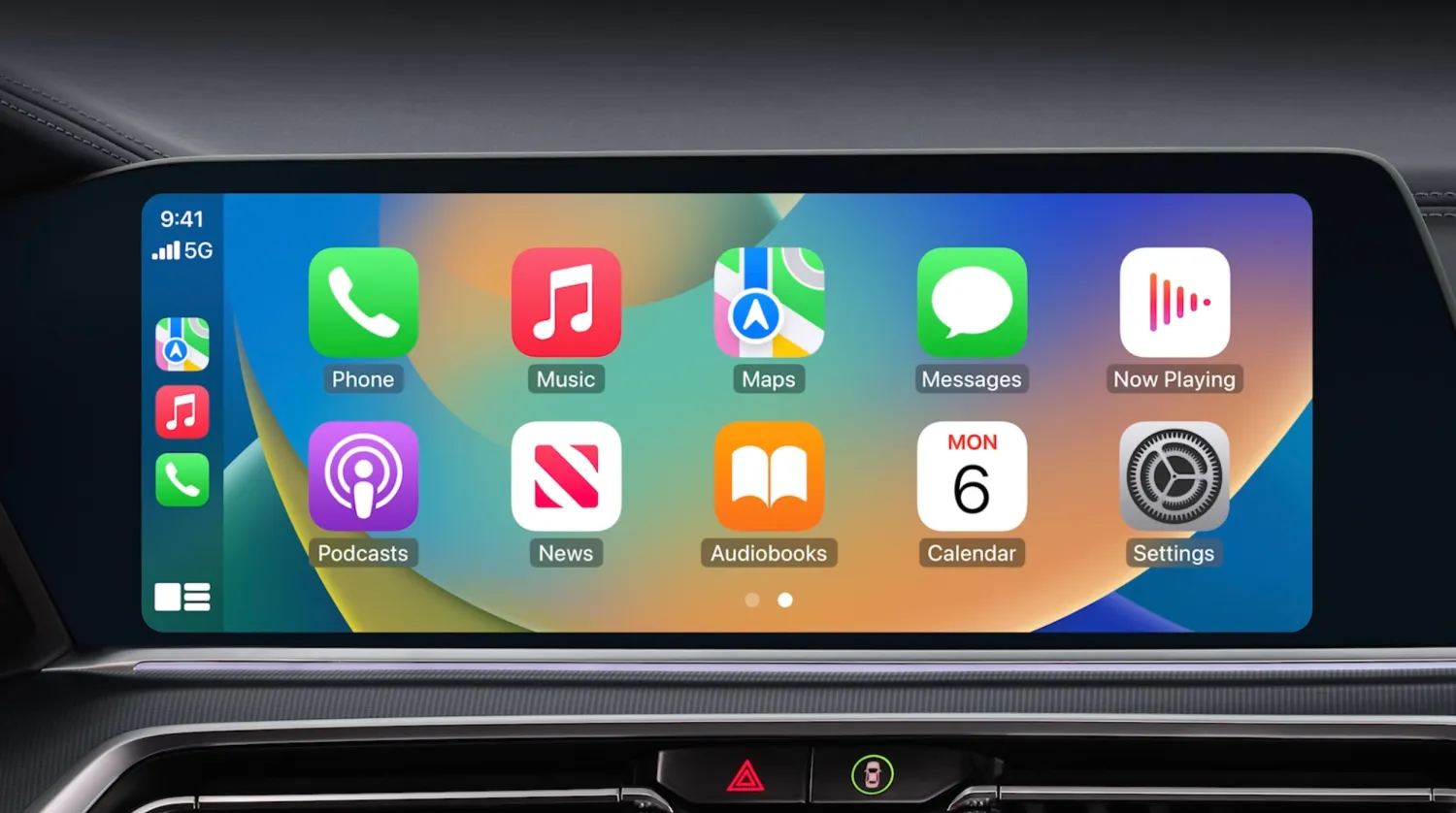Related Resources
The advent of 5G technology is revolutionizing the telecommunications industry and enabling a plethora of new possibilities across various sectors. With its promises of unprecedented speed, ultra-low latency, and massive connectivity, 5G is set to transform the way we communicate and interact with technology. This next-generation network technology is not just an incremental upgrade from 4G but a technological leap that paves the way for innovative applications and services. Below, we explore how 5G technology is reshaping telecommunications and its far-reaching impact on different industries.
Enhanced Mobile Connectivity
5G offers significantly faster download and upload speeds compared to its predecessors. This enhanced mobile connectivity ensures seamless streaming, reduced buffering, and improved user experiences. For telecommunication providers, this means being able to support a growing number of devices and data-intensive applications without compromising performance.
Internet of Things (IoT)
The low latency and high reliability of 5G networks make them ideal for supporting the Internet of Things (IoT). From smart homes to connected cars, 5G enables a vast array of devices to communicate efficiently and in real time. This technology fosters the growth of smart cities, where connected infrastructure can enhance traffic management, energy efficiency, and public safety.
Industrial Automation
5G is poised to revolutionize manufacturing by enabling advanced industrial automation. With its robust connectivity, 5G can support real-time data exchange between machines, reducing downtime and improving productivity. Industries can leverage 5G to implement predictive maintenance, monitor equipment remotely, and optimize production processes, leading to enhanced operational efficiency.
Healthcare Innovation
In the healthcare sector, 5G facilitates remote surgeries, telemedicine, and real-time patient monitoring. The high bandwidth and low latency of 5G networks ensure that medical professionals can access and analyze data swiftly, making critical decisions without delay. This can be life-saving in emergency situations and expands access to quality healthcare services in remote areas.
Autonomous Vehicles
The development of autonomous vehicles heavily relies on the capabilities of 5G technology. The ultra-low latency and high-speed data transfer allow autonomous cars to communicate with each other and with traffic infrastructure in real-time. This reduces the chances of collisions, optimizes traffic flow, and enhances overall road safety.
Augmented and Virtual Reality
5G’s high data rates and low latency are driving the growth of augmented reality (AR) and virtual reality (VR) applications. These technologies can provide immersive experiences for gaming, education, training, and more. For businesses, 5G-enabled AR/VR can enhance customer engagement, offer virtual product demonstrations, and facilitate immersive learning environments.
Conclusion
5G technology is more than just a faster network; it is the foundation for a new era of connectivity that will impact various facets of our daily lives and industries. From enhanced mobile connectivity and IoT expansion to breakthroughs in healthcare and industrial automation, the potential of 5G is boundless. As telecommunication companies continue to roll out 5G networks globally, they will unlock new opportunities, drive economic growth, and transform the way we live and work.
Curious to know more? Reach out to Bronson.AI today.








